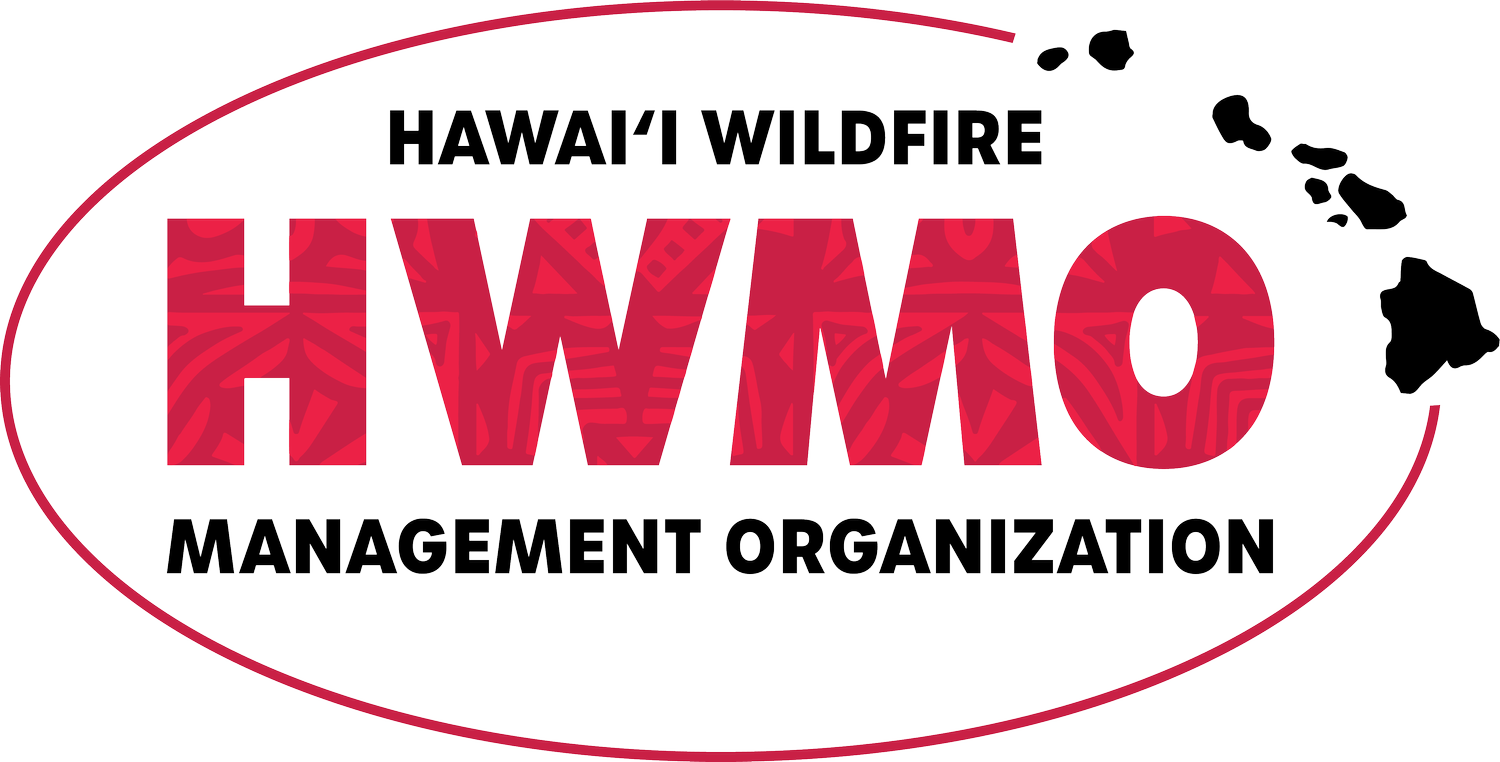"Residents of the community of Tujunga, Calif., flee a fire near Burbank on Sept. 2. Even people much farther from the flames are feeling health effects from acrid smoke." (David McNew/Getty Images)
It's been a rough year for North America when it comes to wildfire smoke. This new NPR report has some good information on the risks of wildfire smoke and how you can keep as much smoke as possible from entering your lungs.
From the Source:
"A standard dust mask that you can buy at the pharmacy won't do you much good, Thomas says. It may keep out the large pieces of ash, but it also may cause you to inhale more deeply, and it won't filter out the microscopic particles that can get into your lungs. An N95 mask can filter out 95 percent of smoke particles, but only if it's fitted properly and dirty air doesn't leak around the sides.
In addition to the particulates, there are gases like carbon monoxide and cyanide in wildfire smoke, but these are more of a danger to firefighters who work close to the flames and are exposed year after year, says Thomas.
The rest of us shouldn't worry too much about long-term damage, even if the smoke persists for a few days or weeks. "I don't want to downplay the significance of the symptoms that many of us are feeling," Thomas says. "But the good news is, they go away. They'll resolve quickly, unless you are in one of these high-risk groups."
If you are at high risk, you might want to invest in a high-efficiency particle arresting(HEPA) air filter, which costs around $50 to $300. And when air conditions are bad, avoid burning candles, frying meat, even vacuuming, which can all add more tiny particles to the air. And drink lots of water. The fluid keeps your eyes, nose and throat moist, which can help alleviate irritation."

